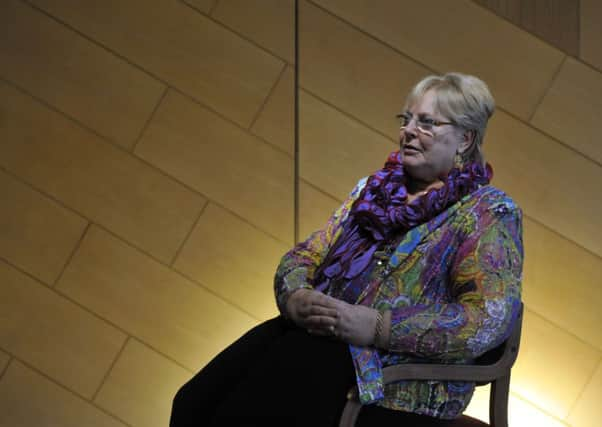Dotors want proposed assisted suicide law opt out


The “great majority” of doctors were against the proposals, which would allow state help for terminally ill Scots to end their lives with lethal drug cocktails from pharmacies, Holyrood’s health committee was told yesterday.
CONNECT WITH THE SCOTSMAN
• Subscribe to our daily newsletter (requires registration) and get the latest news, sport and business headlines delivered to your inbox every morning
Advertisement
Hide AdAdvertisement
Hide AdDr Francis Dunn, president of the Royal College of Physicians and Surgeons of Glasgow, said: “It would be very important to have a conscience clause. [But] one would be concerned about the patient having to go to different doctors to find one that was in agreement with that.
“We need to think about our duty of care to our patient from that point of view, but a conscience clause is very important.”
Most medics oppose assisted suicide, Dr Dunn added. “The great majority would be uncomfortable about participating in a process which directly led to a patient’s death,” he said. “That’s something that is alien to our development and career.”
Aileen Bryson, head of practice and policy at the Royal Pharmaceutical Society in Scotland, said a conscience clause should be in statute. “Among the members who would be willing to dispense a prescription for a procedure, a conscience clause is an absolute must in those circumstances,” she said.
Dr Dunn added: “I feel that if this had come in, say, 20 years ago, it would have diminished the impetus on the palliative care movement.”
The legislation was launched by the late Margo MacDonald MSP and would allow those with terminal or life-shortening illnesses to obtain help in ending their suffering.
Labour MSP Richard Simpson, himself a former GP, raised concern that the conditions which qualify under the laws must be “life-shortening”.
“There are those with learning disability – not severe learning disability – or epilepsy. All these people at the moment tend to have a much shorter life expectancy. So I have real difficulties – not about the terminal illness group, not about the progressive group – but I have significant difficulty in what constitutes a life-shortening condition.”
Advertisement
Hide AdAdvertisement
Hide AdDavid Stephenson of the Faculty of Advocates was concerned that the term “life-shortening” is not defined in the bill.
“It would seem to follow that any illness that shortens your expectancy of life is life-shortening,” he said.
This could apply to many “everyday conditions”, Mr Stephenson added. “Type 2 diabetes may shorten your life by only a relatively short period of time, but nonetheless you could argue it’s a life-shortening condition,” he said.
The bill does stipulate that anyone seeking assisted suicide must be in a position where their quality of life has become “unacceptable” and there is no prospect of improvement.
Supporters claim it has widespread public backing while opponents – who were outside the Scottish Parliament yesterday to protest against the bill – have branded it “unethical and uncontrollable”.
SEE ALSO
SCOTSMAN TABLET AND IPHONE APPS